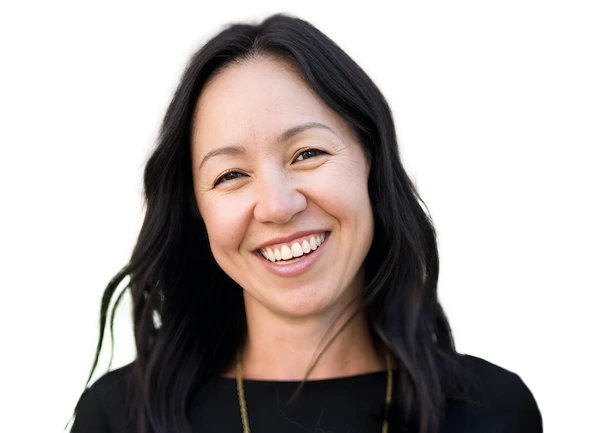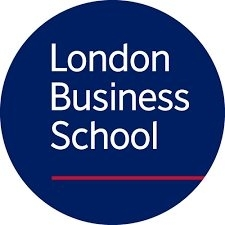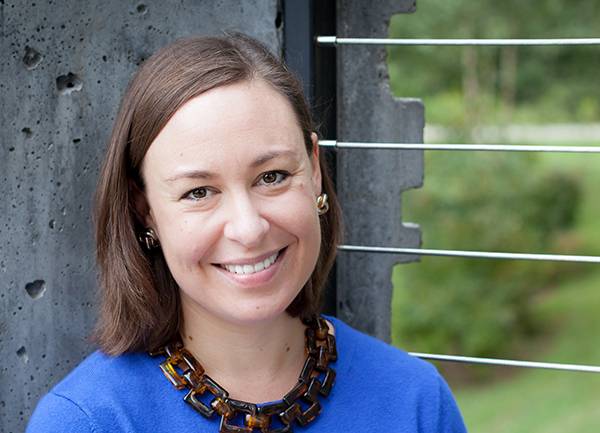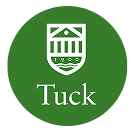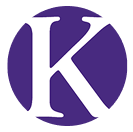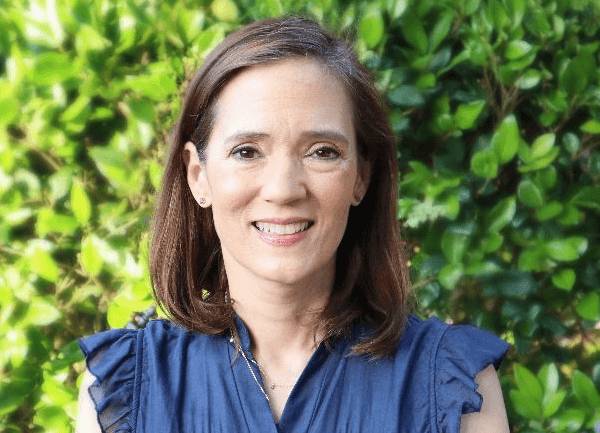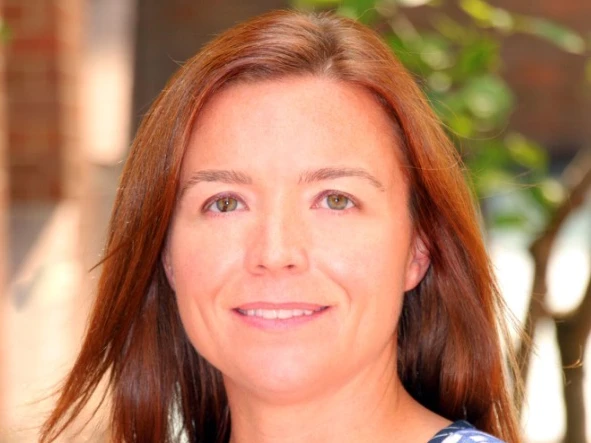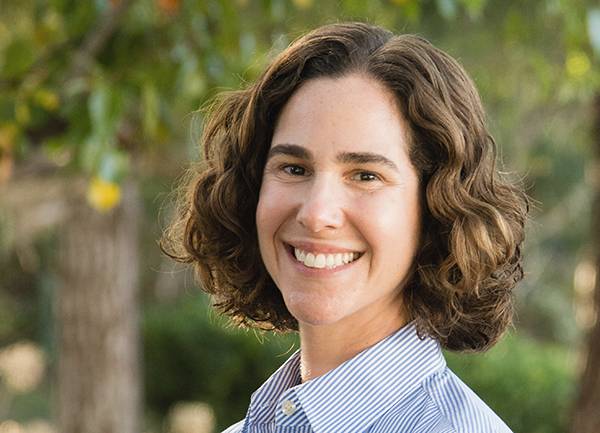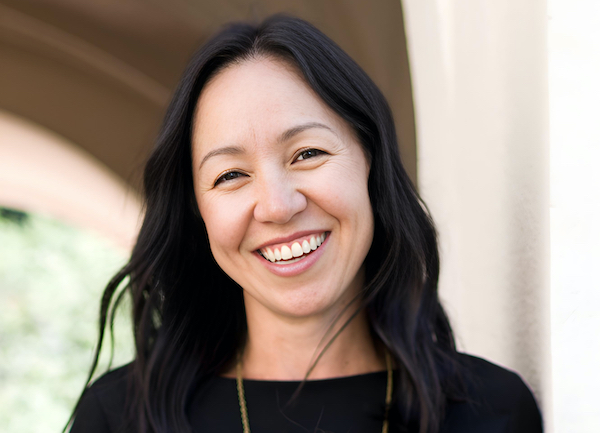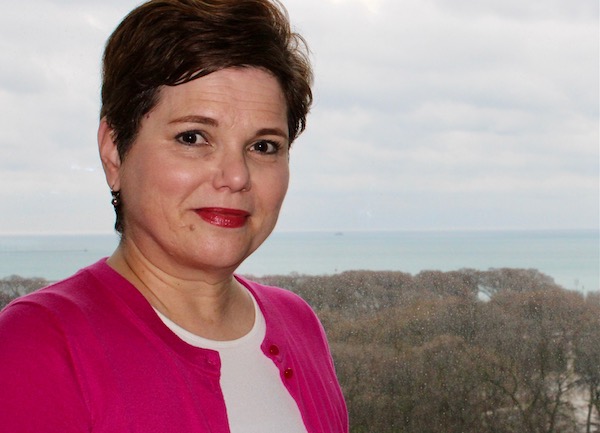Senior Expert Coach
Maren Savage


Highlights & Achievements
- Former Admissions Reader at Stanford GSB, UC Berkeley Haas, & Carnegie Mellon
- Stanford GSB MBA alumna
- 20+ Years of Industry Experience in Investing, Hedge Funds, & Risk Management
- Certified College Counselor & Active Mentor

As a former evaluator for Stanford GSB, UC Berkeley Haas, and Carnegie Mellon, Maren Savage has reviewed, interviewed, and advised thousands of applicants for and to elite MBA programs. She brings an insider’s understanding of what makes an application stand out – helping Fortuna clients not only present their best selves, but do so with clarity and confidence.
Maren began her career founding a firm serving hedge fund managers and later led a nationwide team overseeing more than $10B in alternative investments as a Vice President in Risk Management. Her two decades of industry experience give her a unique ability to guide applicants from a wide range of professional backgrounds.
She earned her MBA from Stanford GSB and her BS in Human Development and Psychology from UC Davis. In addition to coaching MBA candidates, she serves as a certified college counselor at a local high school, actively helping students shape their academic paths.
Maren is that person who goes out of her way to support a friend – and that same energy fuels her work with applicants. Deeply rooted in connection and community, she’s a board member, recreational sports coach, and has most recently started a women’s USTA tennis team in her San Francisco Bay Area community.
Real Reviews From Real Clients
Candidates Love Working With Maren

Q&A with Maren
Why are you passionate about coaching?
I derive so much joy from supporting others in pursuit of their dreams. As an evaluator of thousands of applications, it’s crushing to know that poor application execution can get in the way. Coaching for me couples my admissions and industry background with my passion for supporting the next generation of leaders.
What’s your top piece of advice for admissions candidates?
It’s imperative that you allow Admissions Committees to get to know the real you. This means illuminating for them not just what you’ve done, but how and why. Highlight for them your character and values – what makes you tick and what compels you in the relentless pursuit of your goals. Digging deep and reflecting on what inside drives your high impact could be your key differentiator.
Want to work with Maren?
We always do our best to match you with a coach who fits your needs and preferences. You can also indicate your preference for a specific coach when you sign up for a free consultation.
Meet the Dream Team
At Fortuna, over the past 13 years we’ve assembled an unparalleled team of admissions coaches who used to run the admissions offices at top schools.
Top-ranked Global MBA Admissions Consulting Firm
Read over 1,000 verified 5-star reviews on Poets&Quants



